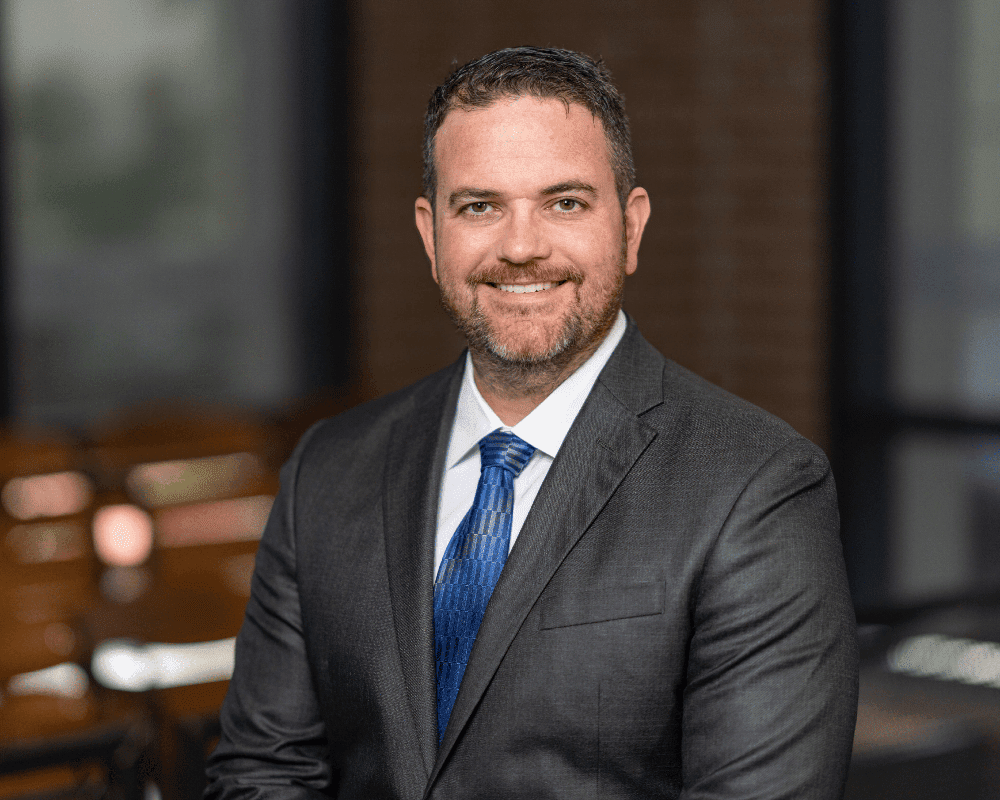Absolutely the best attorney for getting your VA benefits. After 7 years of denial, I found Brendan Garcia of VetLaw, He reviewed my case, set up a plan , scheduled my video hearing in front of a Veteran law judge, flew out to Phoenix to be there with me during the hearing. Hired a doctor to help draft a report to help my case. When all the smoked cleared, I’m now collecting max disability monthly, back pay beyond my wildest dreams. Brendan Garcia never stopped. He is an expert in Veterans law. Best decision of my life was to have him on my side. Bar none, Brendan is a terrific VA benefits attorney!
Was Your VA Disability Claim Denied?
We have helped veterans in Washington D.C. and throughout the nation appeal their denied VA disability claims. If you have received a negative decision from the VA – we can help! Our team will review your case for free to determine your best course of action.
Let our seasoned VA disability claims attorneys take your case from a crisis to an opportunity for compensation, as we have done for countless other veterans with service-connected disabilities.
Get in touch with us at (855) 738-6732 or through a contact form to schedule a free consultation with one of our Washington, D.C. veteran disability appeals lawyers. We can offer a fresh and insightful perspective on your VA disability benefits claim.
Veterans Disability Claims in Washington D.C.
There are three main criteria involved when determining if a veteran in D.C. is able to receive disability benefits from the VA. A veteran will need to prove that they meet each of these criteria in order to file their disability claim with the VA.
1. Definition of Veteran
The VA has specific requirements when it comes to meeting their definition of veteran for purposes of disability compensation. These requirements mainly include the period of service as well as the discharge type.
The minimum service period varies depending on when the veteran served, and the discharge type generally needs to be anything other than Dishonorable. Certain “Other than Honorable” discharges may serve as a bar to benefits as well, however, this depends on the individual veteran’s circumstances.
2. Existence of Current Disability
When filing a claim with the VA, it is important to be very thorough and avoid vague information. A detailed list with full names, body parts, and symptoms for each disability you are seeking entitlement for is crucial for the VA to be able to confirm you meet their criteria. Therefore, you’ll need proof of a specific diagnosis from a healthcare provider for the VA to recognize your claim as credible.
3. Disability is Service-Related
You must be able to connect your disability to your service. Providing the VA with complete medical records, documentation from your doctor, and a medical nexus letter in support of your claim will help them connect the dots on the cause of your disability.
A service connection designation also covers certain pre-existing conditions that your military service either aggravated or accelerated.

Veterans Disability Denials in Washington D.C.
If the VA believes you have not adequately met any of their three criteria, you will be issued a denial. A denial can be issued for any of a variety of reasons. However, one of the most common is the veteran’s failure to provide a medical diagnosis of their disability, or if the VA does not believe that the disability is service-related.
Then, VA will provide a denial letter that will outline their reason or reasons. This will be crucial information when building a strategy to overcome the denial. A Washington D.C. veteran disability appeals lawyer can guide you on how to handle a VA denial effectively.
Washington D.C. Veterans Disability Appeals
A denial is not the end of the road – there are several options available to veterans in D.C. after they receive a denial from the VA. All veterans who receive a denial have the right to pursue an appeal.
Depending on whether your case is considered a Legacy Appeal, or if it falls under the rules of the Appeals Modernization Act, you will need to either file a Notice of Disagreement (NOD) or file a form to choose an appeal option.
These options include a Higher Level Review, Supplemental Claim, and a Direct Appeal to the Board of Veterans’ Appeals. A Supplemental claim involves sending the VA new evidence to consider, while a Higher-Level Review allows a more senior VA evaluator to reassess your case.
A Direct Appeal to the Board of Veterans’ Appeals is by far the most intensive of the available options. There are several options a veteran can pursue when it comes to their appeal, including a formal hearing, or submitting additional evidence to be considered by the Board.
These formal hearings allow veterans to present their case before the judge who will then make the decision in their case. An experienced Washington D.C. veteran disability attorney will be able to assist throughout the entire appeals process – even as far as representing you at any Board meetings to help ensure a favorable outcome.













